Photo credits: The Associated Press
In certain cases, racial profiling has become violent. According to the American Civil Liberties Union or the ACLU, the article “Racial Profiling: Definition” states:
“On April 7, 2001, in the early morning hours, Timothy Thomas, a 19-year-old African-American, was shot to death by police officer Stephen Roach. Thomas had 14 outstanding misdemeanor warrants, mostly traffic violations, including failure to wear a seat belt,” (ACLU, 2018, n.p).
An officer who shot a teenage boy goes to show how cases become violent due to racial profiling. No officer should be allowed to pull a gun out on an individual just because of their race or ethnicity – even if that individual may have some traffic violations.
The Cincinnati Riots of 2001
The Cincinnati Riots were a four-day period of civil disorder that occurred in response to the shooting death of nineteen-year-old Timothy Thomas by Cincinnati Police Patrolman Stephen Roach. Officer Roach was attempting to arrest Thomas for traffic citations (Momodo, 2017).
On April 9, 2001, a group of 200 protesters including Timothy Thomas’s mother, Angela Leisure, gathered outside Cincinnati’s City Hall while a city council meeting was in session to demand an explanation for the shooting of Thomas on April 7 (Momodu 2017).
Dangers of Racial Profiling
Racial profiling causes harm to society when it comes to law enforcement. People rely on just policies to protect themselves from anything harmful. They are made to be fair and just to the communities. Although people rely on law enforcement for safety and protection, racial profiling is one of the primary causes of why people live in fear. This is mostly due to race, ethnicity, or religion. The ACLU article titled “Racial Profiling: Definition” explains why people are being targeted by law enforcement and why racial profiling is illegal.
The ACLU states:
“It occurs every day in cities and towns across the country when law enforcement and private security target people of color for humiliating and often frightening detentions, interrogations, and searches without evidence of criminal activity and based on perceived race, ethnicity, national origin, or religion. Racial profiling is patently illegal, violating the U.S. Constitution’s core promises of equal protection under the law to all and freedom from unreasonable searches and seizures. Just as importantly, racial profiling is ineffective. It alienates communities from law enforcement hinders community policing efforts and causes law enforcement to lose credibility and trust among the people they are sworn to protect and serve (ACLU, 2018, n.p.).”
Racial profiling is something that happens to people on an everyday basis. It is something that is common in cities and towns across the country. Racial profiling is illegal. It is ineffective, violates an individual’s rights, and breaks down the trust between the community and law enforcement.
It causes law enforcement agencies to lose their reliability.
References
American Civil Liberties Union. (2018). Racial Profiling: Definition ACLU.org. https://www.aclu.org/other/racial-profiling-definition
Momodu, S. (2017, October 21). The Cincinnati Riot (2001). BlackPast.org. https://www.blackpast.org/african-american-history/the-cincinnati-riot-2001/








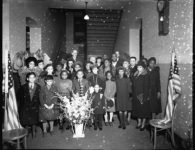
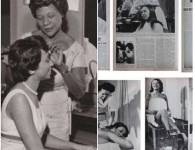
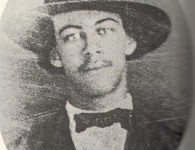



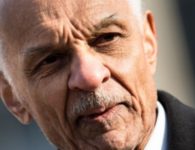


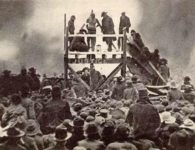

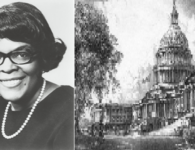

No comments